Tag: Southeast Asia
-
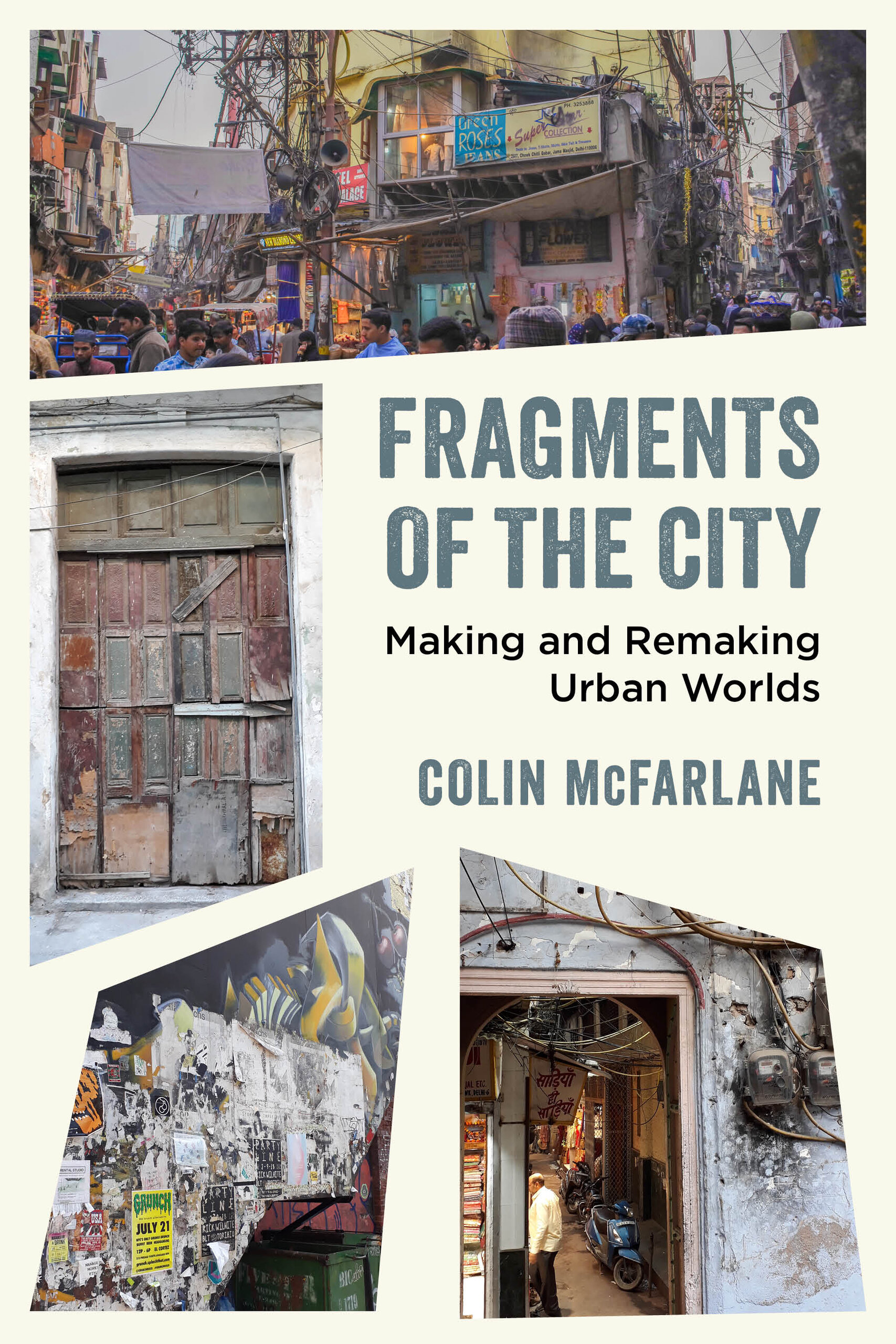
Episode 52 – Book Review Roundtable: Fragments of the City: Making and Remaking Urban Worlds
Cities are becoming increasingly fragmented materially, socially, and spatially. Fragments of the City examines the fragments themselves, what they are and how they come to matter in the experience, politics, and expression of cities. How does the city appear when we look at it through its fragments? For those living on the economic margins, the…
-
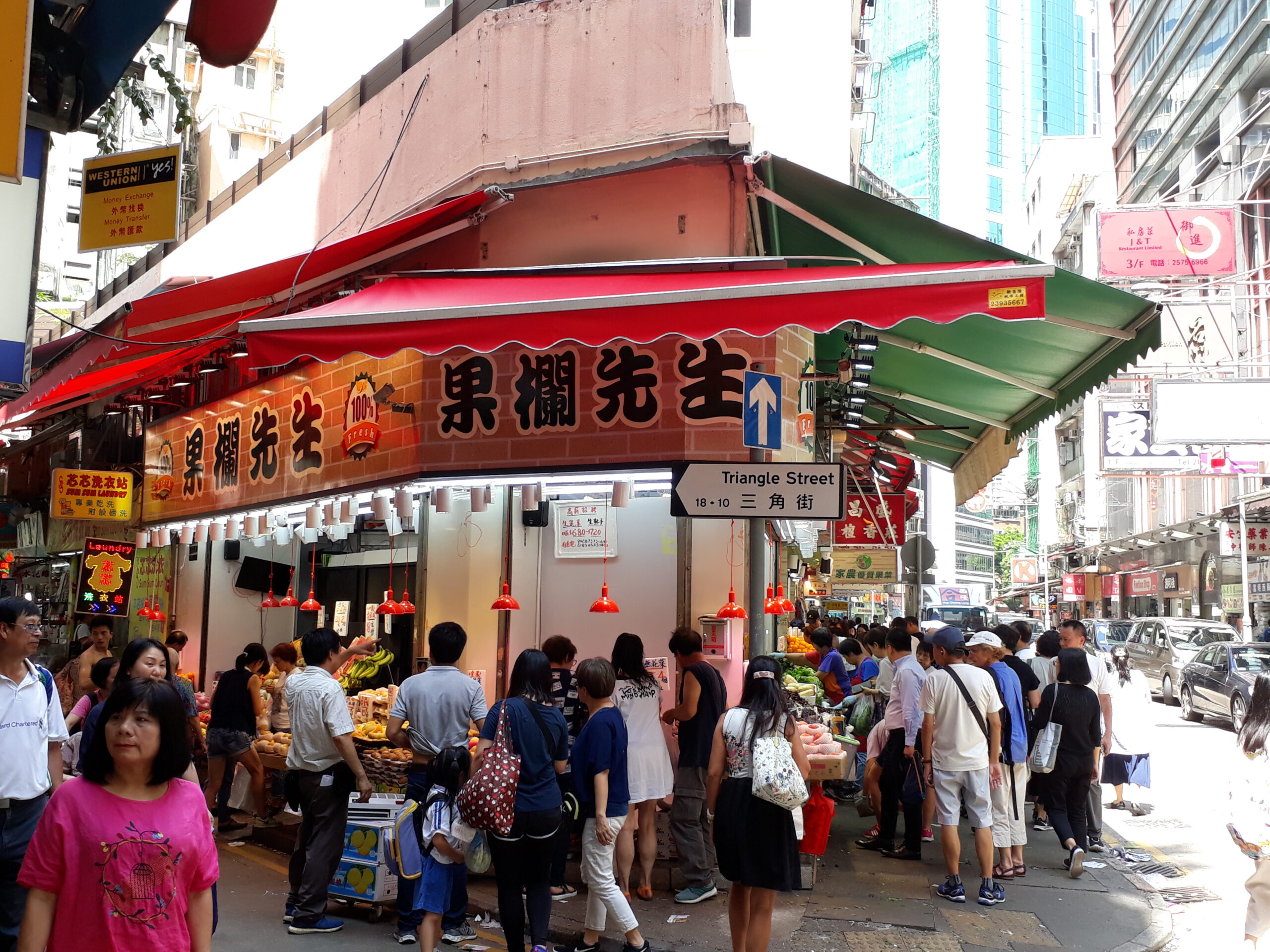
Episode 40 – The urban politics of density in and beyond the pandemic
This podcast explores how the pandemic is changing density around the world and generating forms of politics. With a diverse group of scholars and practitioners from around the world, the podcast addresses the following specific questions/ themes: How should density be conceived and why is it important to understanding cities (and the pandemic)? What is…
-
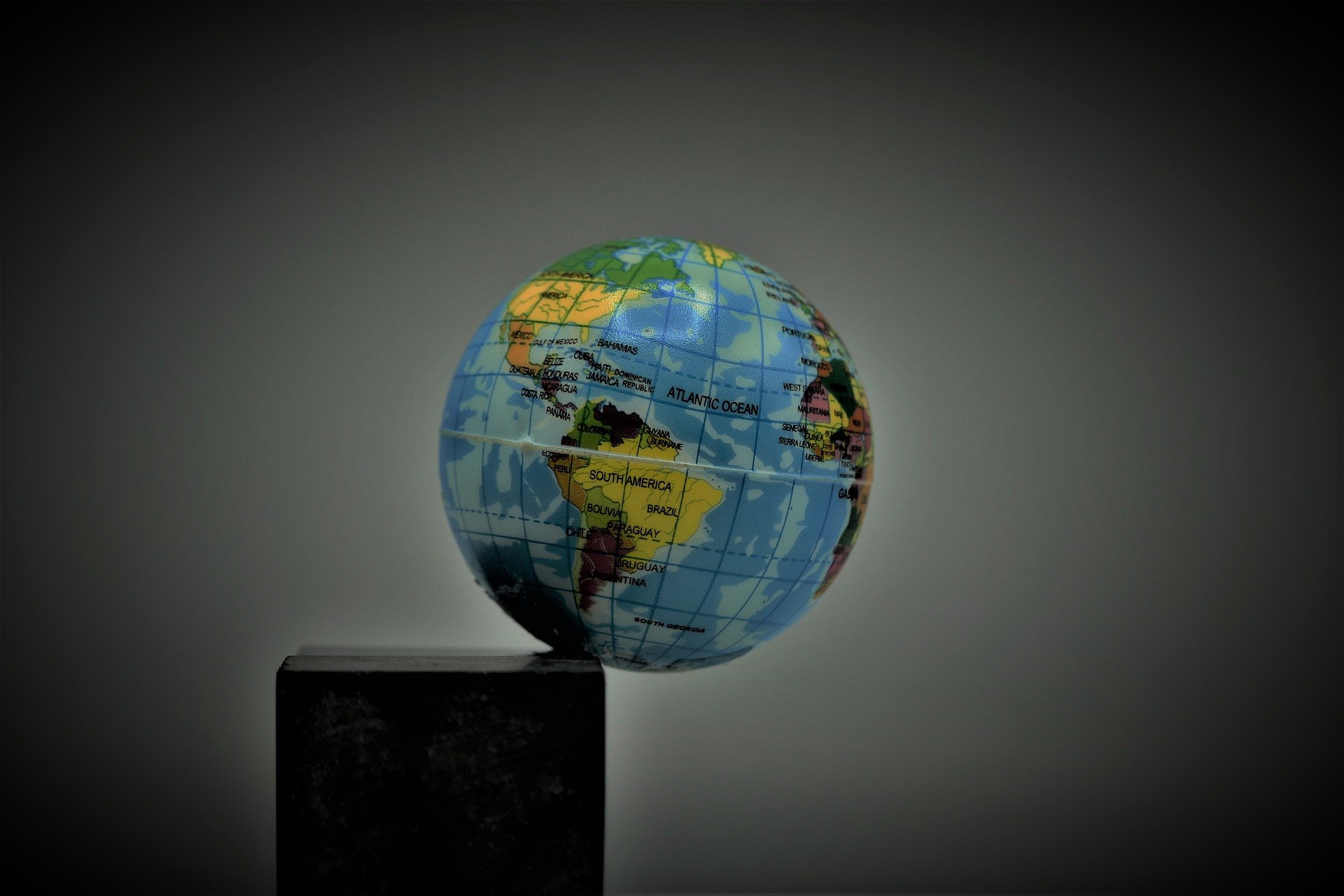
Episode 37 – Urban Climate Finance at the edge of viability?
Amidst the rapidly unfolding ecological crisis, current research is witnessing ever new financial strategies that aim at making money from urban climate risks. In this episode Hanna Hilbrandt invites Emma Colven, Zac Taylor, Sarah Knuth, and Sage Ponder, to discuss the financial and socio-material limits to the viability of urban financialization in the context of climate change. When climate disasters increasingly…
-
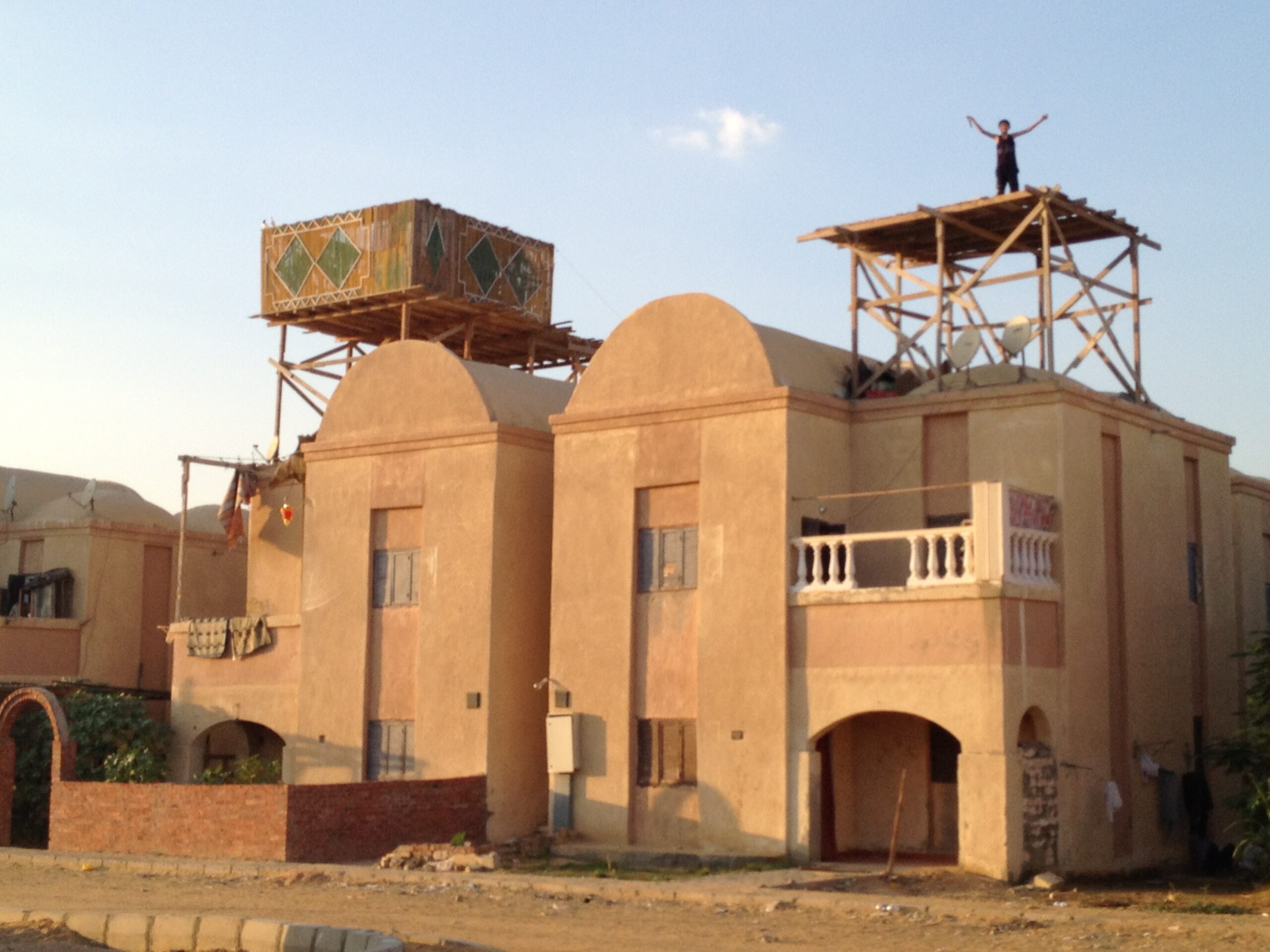
Episode 36 – Mobilization and advocacy in contexts of massive urbanisation – Part 2
Throughout the global south, many urban regions have become massive. In the familiar renditions of this notion, urban regions, mushrooming in population and spatial footprints, teeter close to chaos, environmental disaster, and ungovernability. Populations are being reshuffled, moved from one area to the other, something which an extensive landscape of built projects that never really…
-
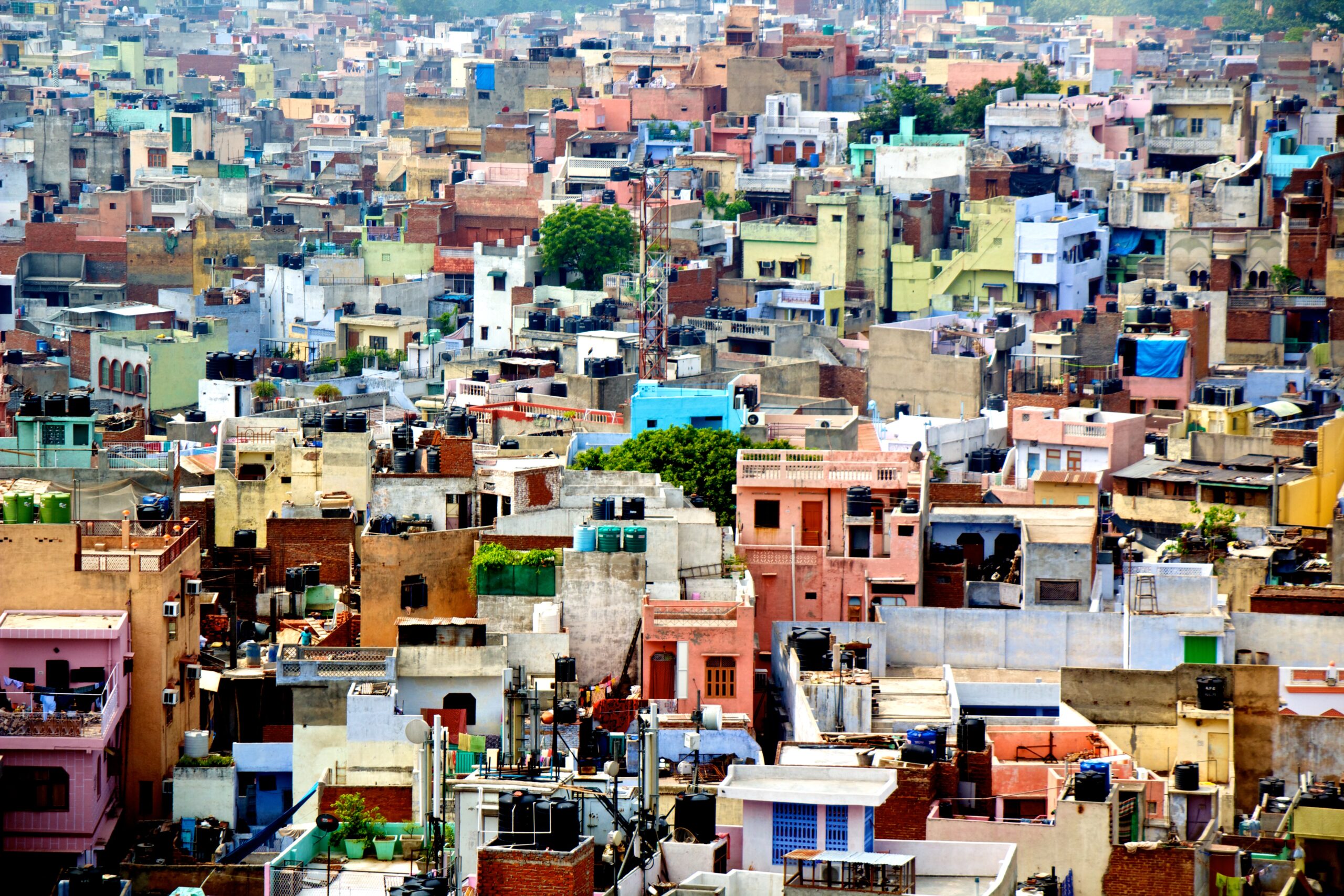
Episode 35 – Mobilization and Advocacy in Massive Urbanization Contexts – Part I
Throughout the global south, many urban regions have become massive. In the familiar renditions of this notion, urban regions, mushrooming in population and spatial footprints, teeter close to chaos, environmental disaster, and ungovernability. Populations are being reshuffled, moved from one area to the other, something which an extensive landscape of built projects that never really…
-
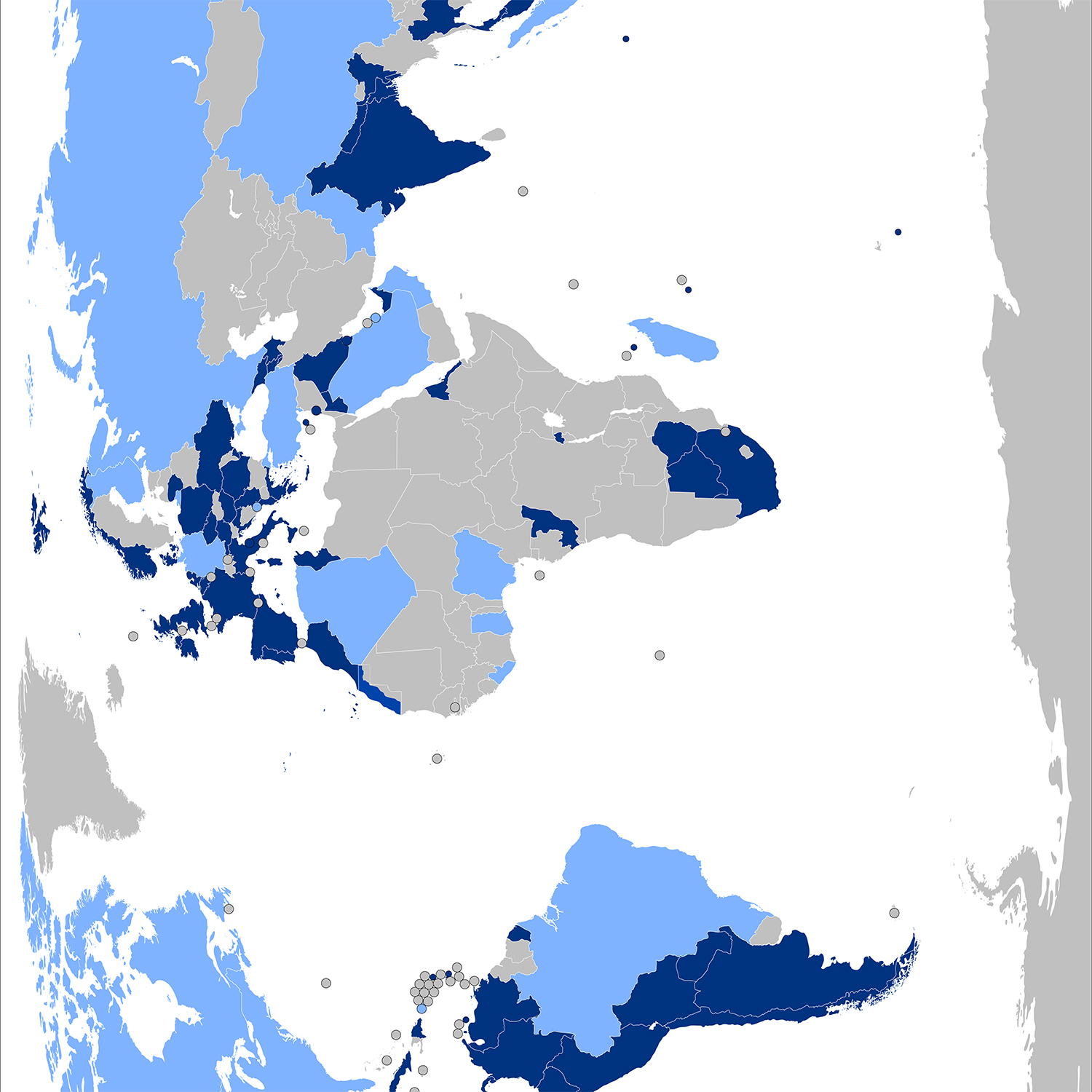
Episode 26 – Spatialities of Shock (AfterCorona #8)
Reflecting on how shocks are applied as tools to further political agendas, Creighton Connolly, S. Harris Ali, and Roger Keil consider the implications for racialized inequalities and the Global South-North divide. Two months after the first conversation with out guests, at a moment when the coronavirus outbreak was declared a pandemic, Creighton, Harris, and Roger…
-
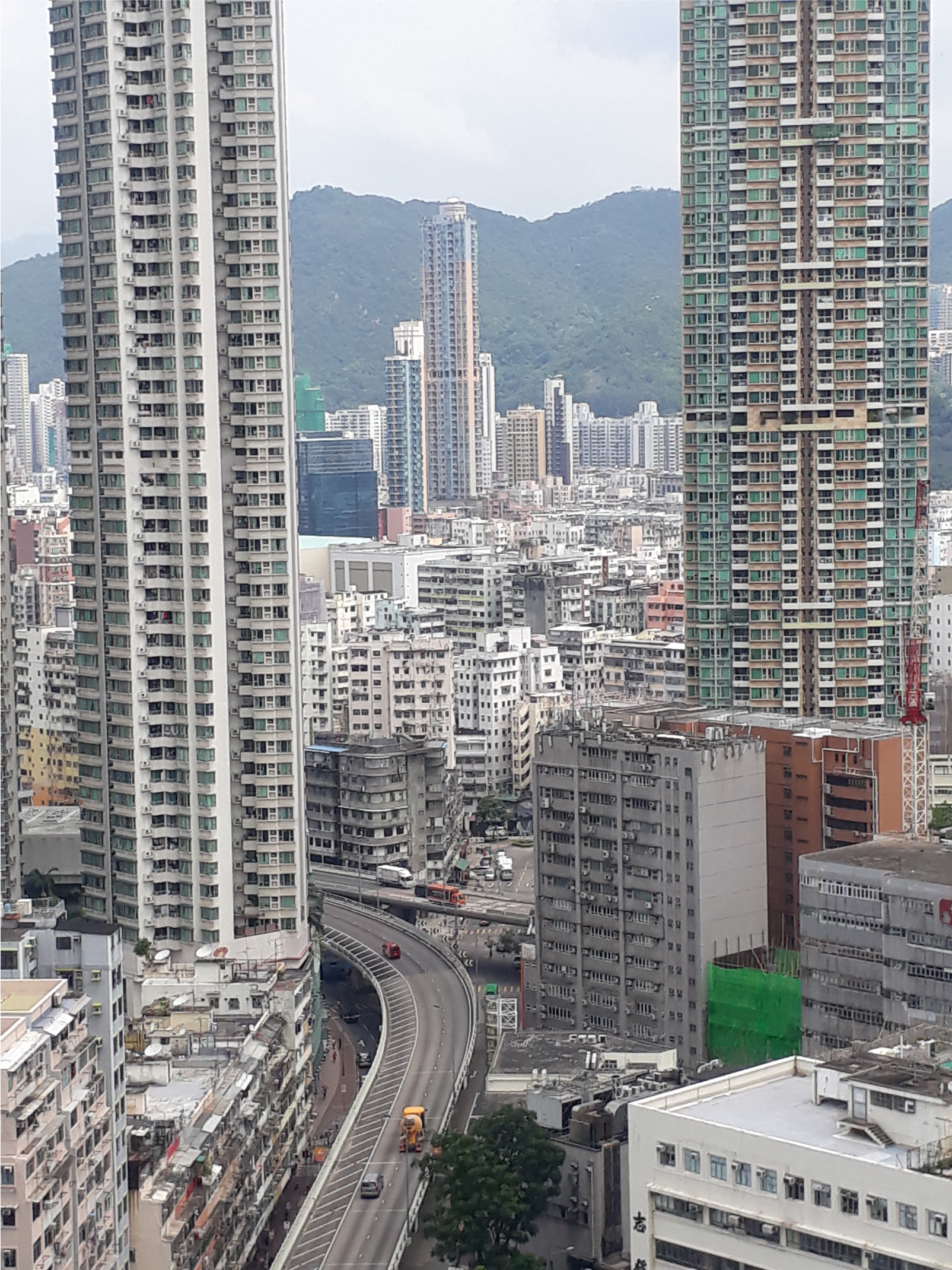
Episode 21 – Blaming Density (AfterCorona #4)
Is density really the key variable to explain the dynamics of the pandemic? Colin McFarlane takes a critical look at accounts that blame urban density for the drama that is unfolding in many cities. McFarlane discusses how racalized divisions are exacerbated in this situation and how new inequalities are produced. Considering Arundhati Roy’s metaphor of…
-

Episode 16 – The Urbanization of COVID-19
Three prominent urban researchers with a focus on infectious diseases explain why political responses to the current coronavirus outbreak require an understanding of urban dynamics. Looking back at the last coronavirus pandemic, the SARS outbreak in 2002/3, they highlight what affected cities have learned from that experience for handling the ongoing crisis. Exploring the political…
-
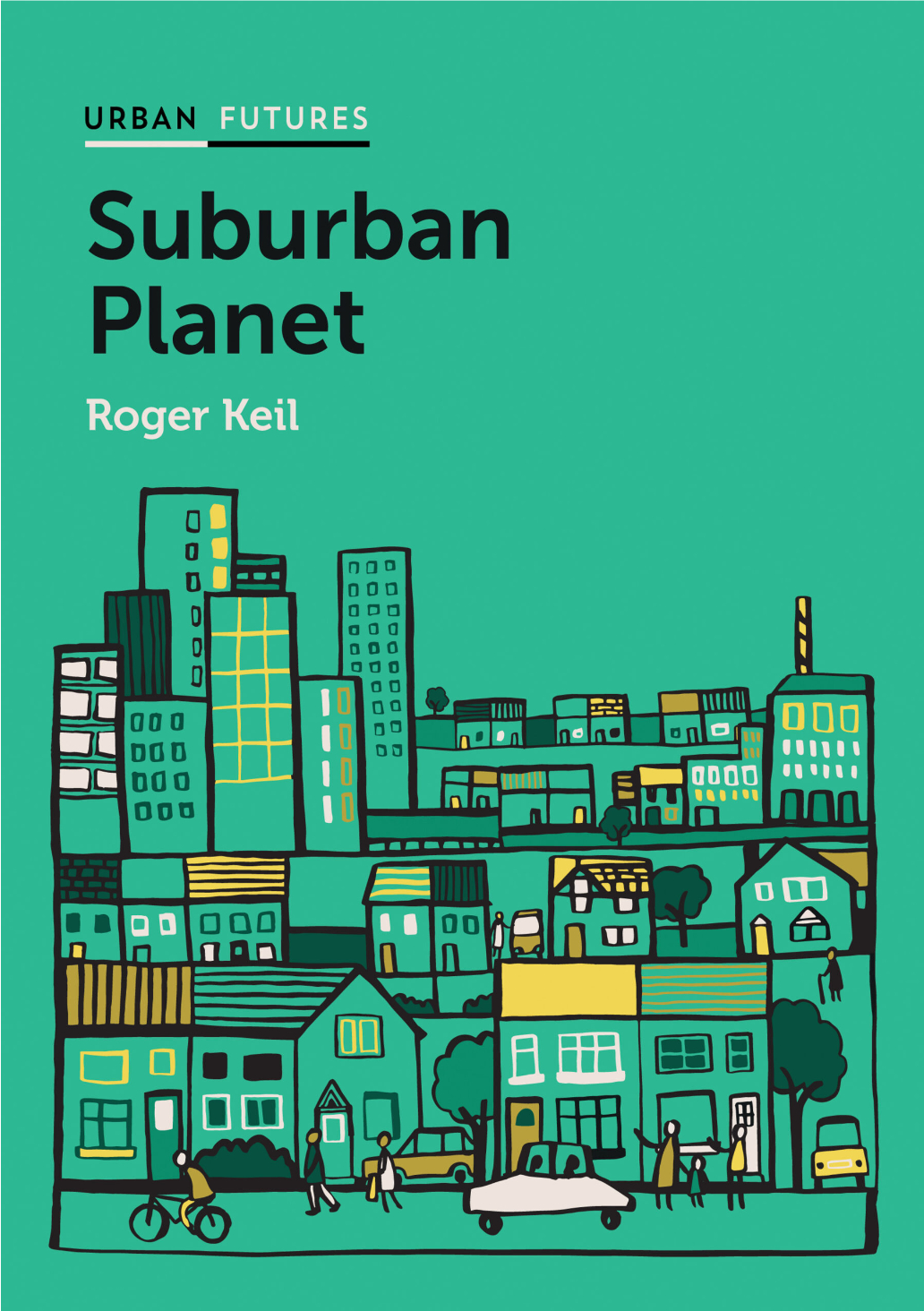
Episode 6 – Reviewing Suburban Planet
Roger Keil’s new book, ‘Suburban Planet’, is a major contribution to (re)thinking the urban age in terms its peripheries rather than its centres. He seeks to provide us with a way of coming to terms with the process of suburbanization and the diversity of suburban forms. But does he succeed? And what are the political…
-

Episode 5 – Take Your Eyes Off the City Center!
We are living on a suburban planet, if you ask Roger. He even wrote a book with that title. In the interview, he elaborates on the political implications of that condition. Situating his work on global suburbanisms in relation to the L.A. School and the debate around planetary urbanization, he flexes his intellectual muscles to…
